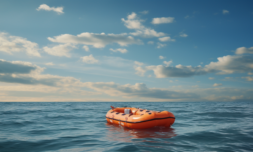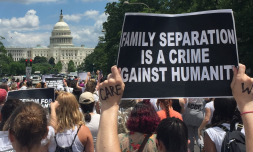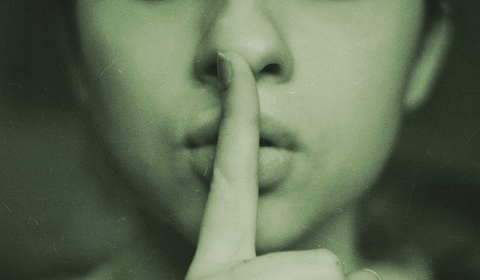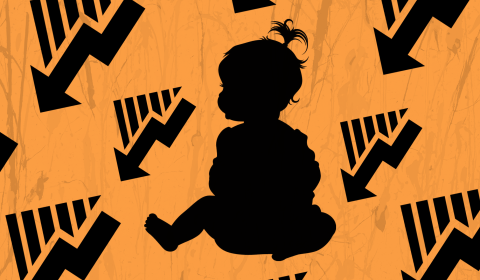A year after Qatargate erupted through Europe, the integrity of the region’s politics has come under intense scrutiny without a conclusion to the scandal.
In December 2022, a bombshell was dropped amidst the stately grandeur of the European Parliament.
Dubbed ‘Qatargate’, the scandal sent shockwaves across the continent and beyond, exposing allegations of a perplexing web of crimes at the heart of European democracy.
Qatargate, primarily a tale of greed, also serves a stark reminder of the vulnerabilities that lurk within institutions built on transparency and trust.
It raises alarming questions about the ways foreign powers can infiltrate the decision-making processes of governments and exposes the cracks in the EU’s armor against corruption. Let’s take a deeper look.
What were the allegations?
The central allegation is that Qatar funneled cash to sway European Parliament decisions in their favor.
However, deeper investigation pointed to the involvement of Mauritania and Morocco, further compromising the integrity of the EU, tying Ministers of the European Parliament (MEPs) and the three nations to organized crime, money laundering, and corruption.
In early December last year, the Belgian media outed several instances where these alleged offences took place. A Gulf nation was suspected of influencing the politics and economic decisions of the European Parliament by offering bribes and gifts to gain a strategic advantage.
As the month progressed, the involvement of Qatar became increasingly apparent and key figures were arrested. The Belgian police conducted raids, arresting 8 suspects and gathered €1.5 million in cash.
Qatar’s influence over parliamentary decisions was greatly reflected in its surprise hosting of the World Cup, which sparked a tidal wave of international controversy and criticism.
In April 2021, prior to the tournament, a Qatari official’s presence at a political summit drew global attention. A consensus – carried by a handful of notable officials – was thrashed out in favor of the Arab nation’s supposed credentials, creating suspicion that foul play was at hand.
Actions recorded in a leaked document included scheming to kill off six parliamentary resolutions condemning the human rights record of Qatar. A shady deal, meanwhile, was being constructed to instate a visa-free travel system between Doha and the EU.
One nation who appears frequently in the leaks is Morocco, mostly notably in an instance where border control laws were hastily dampened to allow the passing of 8,000 immigrants into Spain.
Another was Mauritania, where suspect officials actively prevented an anti-slavery activist – who made a foe out of the nation’s government – from receiving the EU’s most prestigious prize for human rights, the Sakharov Prize.
Overall, paymasters from the three nations in question are said to have dolled out more than €4 million for covert operations.




















